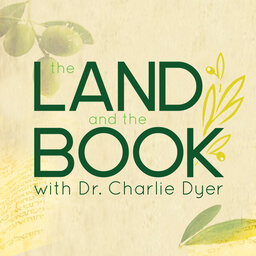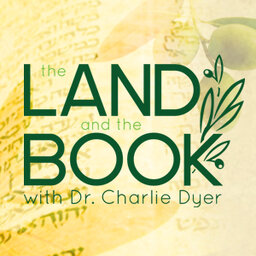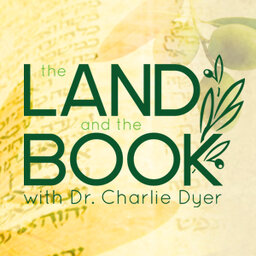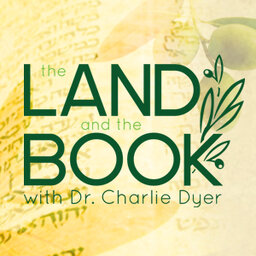The Dead Sea Scrolls
In 1947, Bedouin shepherds stumbled upon a remarkable discovery in the Judaean Desert: seven scrolls tucked into clay jars in the back of a cave. But not just ANY scrolls. These were the first of what came to be known as the Dead Sea Scrolls. This week on The Land and the Book, you’ll learn how YOU can see some of these scrolls—in person—without traveling to Israel! Plus…the latest headlines from the Middle East—on The Land and the Book.
 The Land and the Book
The Land and the Book



